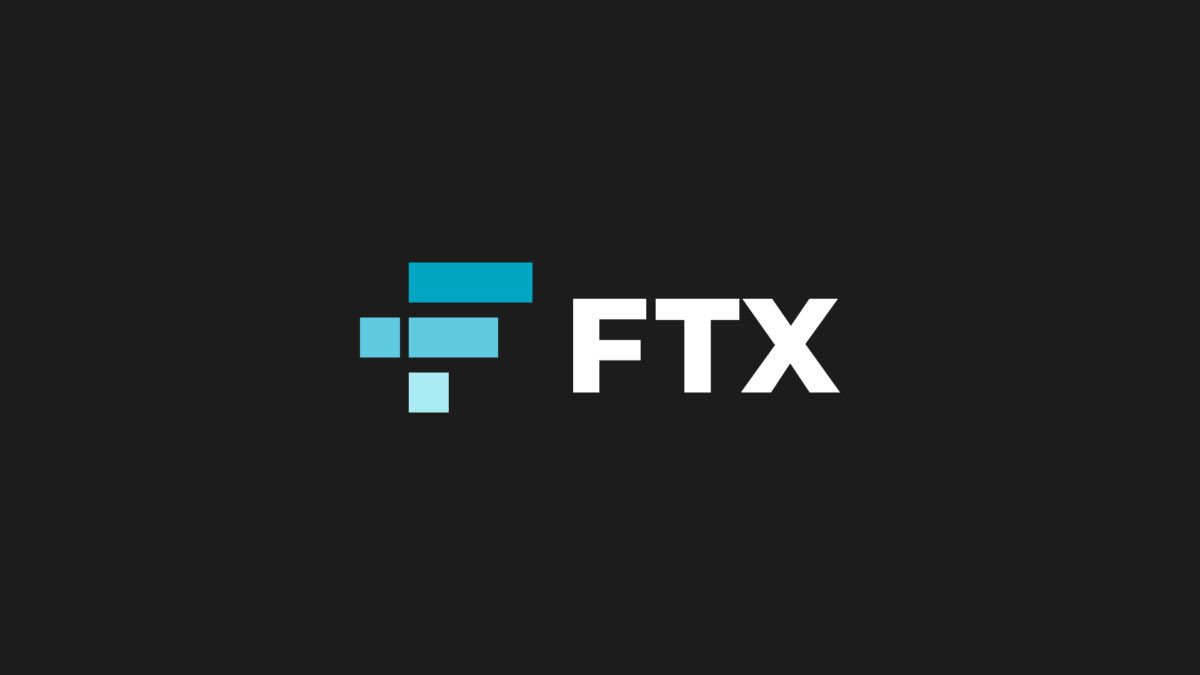FTX Nears $4 Billion Settlement with CFTC Amid Bankruptcy Proceedings
14.07.2024 11:00 1 min. read Alexander Stefanov
FTX, a defunct crypto exchange, has reached a preliminary agreement to settle with the US Commodity Futures Trading Commission (CFTC), marking a significant step in its bankruptcy proceedings since its abrupt collapse in 2022.
In a court filing on July 12, FTX disclosed a proposed $4 billion settlement with the CFTC, a substantial reduction from the initial demand of $52.2 billion.
This agreement, subject to approval by Judge John Dorsey on August 6, aims to prioritize payments to other creditors over the CFTC’s claims.
The settlement seeks to expedite asset distribution and avoid prolonged legal battles, preventing additional penalties while subordinating the CFTC’s demands.
Despite concerns from creditors like Sunil Kavuri regarding potential compromises in restitution, FTX continues to face opposition to its repayment plan, which offers $14.5 billion to $16 billion based on November 2022 asset valuations.
Analysts speculate that FTX’s efforts to settle and repay debts could impact broader crypto markets positively, potentially influencing market dynamics as the proceedings continue.
-
1
Trump Imposes 50% Tariff on Brazil: Political Tensions and Censorship at the Center
10.07.2025 7:00 2 min. read -
2
Key Crypto Events to Watch in the Next Months
20.07.2025 22:00 2 min. read -
3
USA Imposes Tariffs on Multiple Countries: How the Crypto Market Could React
08.07.2025 8:30 2 min. read -
4
UAE Regulators Dismiss Toncoin Residency Rumors
07.07.2025 11:12 2 min. read -
5
Majority of U.S. Crypto Investors Back Trump’s Crypto Policy, Survey Finds
05.07.2025 18:09 2 min. read
Two Upcoming Decisions Could Shake Crypto Markets This Week
The final days of July could bring critical developments that reshape investor sentiment and influence the next leg of the crypto market’s trend.
Winklevoss Slams JPMorgan for Blocking Gemini’s Banking Access
Tyler Winklevoss, co-founder of crypto exchange Gemini, has accused JPMorgan of retaliating against the platform by freezing its effort to restore banking services.
Robert Kiyosaki Warns: ETFs Aren’t The Real Thing
Renowned author and financial educator Robert Kiyosaki has issued a word of caution to everyday investors relying too heavily on exchange-traded funds (ETFs).
Bitwise CIO: The Four-Year Crypto Cycle is Breaking Down
The classic four-year crypto market cycle—long driven by Bitcoin halvings and boom-bust investor behavior—is losing relevance, according to Bitwise CIO Matt Hougan.
-
1
Trump Imposes 50% Tariff on Brazil: Political Tensions and Censorship at the Center
10.07.2025 7:00 2 min. read -
2
Key Crypto Events to Watch in the Next Months
20.07.2025 22:00 2 min. read -
3
USA Imposes Tariffs on Multiple Countries: How the Crypto Market Could React
08.07.2025 8:30 2 min. read -
4
UAE Regulators Dismiss Toncoin Residency Rumors
07.07.2025 11:12 2 min. read -
5
Majority of U.S. Crypto Investors Back Trump’s Crypto Policy, Survey Finds
05.07.2025 18:09 2 min. read


